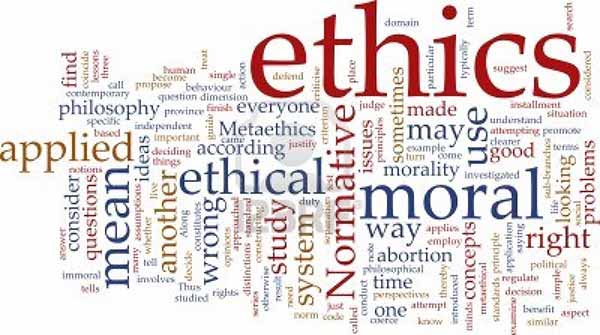There is a very close relation between the meaning and the word. Word, as a matter of fact, is the messenger that transfers the meaning from one mind or person to others. Sometimes, it is successful in transferring it in its true form and with complete justice but at others it might not be able to do so and may fall short of its true purpose.
Meaning is far older than the words. When human beings did not have words to communicate, they still had the meanings in their minds. The words were only formed when human beings started using formal languages. Even before language was formed the way we know it today, human beings would try to transfer their meanings through certain other ways and use of gestures, pictures and shapes were the most dominant ones among them.
Meaning, thus, requires the words. Without words, they would only be a part of imagination and thinking would never get the chance of being revealed. Meaning is the struggle of human mind and thinking to understand the world and the different phenomena in the world. It is the framework through which human mind interacts with the world. Without this framework, it is very difficult to comprehend the world and its logic. For example, when a human being sees the snow melting in sunlight, it generates thinking and a meaning in his mind. He starts understanding that the sunlight has some sort of effect on the snow and it is turning it into water. And, it is only the human mind that has the capacity to generate so many different types of meanings from different sorts of phenomena in the world.
In the modern world of ours, after the thousand years of evolution, the human mind seems to have become very advanced. Now, it does have the capability to form meanings in abstract; generating thoughts from imaginations; and in the times to come with further evolution, human mind would be able to advance further in this regard.
It is important to note that after forming the meaning, human mind wants to disseminate it to his fellow beings. History has proved man to be social, so he desires to live with others, bind with them and most importantly communicate with them. The requirement for communication compelled human beings to form words. As meanings could not be transferred to others through any other means adequately, words were formed to do the job. And, words have been successful in this regard to a large extent.
The relationship of words and meaning is so strong that it is not easy for most of the people even to see them separately. They walk hand in hand in the process of communication and can be termed as twin brothers. However, it should be noticed that sometimes they may resemble each other to a large extent but at others may be totally different from each other.
To understand the gap between the meaning and the words, it is important to understand the process of communication. As a first step of communication a meaning emerges in the mind; then a word or set of words is chosen for the meaning and then those words are communicated to the second mind. The second mind receives the words, not the meanings. Now, the receiving mind derives the meaning from the words and then responds to that meaning, which completes the process of communication.
When the meaning is transformed into words, it can be termed as encoding. In the process of encoding there is a chance that the set of words that are used to convey a particular meaning may not be appropriate and may even give some other meanings. It also depends on the set of vocabulary that a person may have in his store of words and how he understands those words, or how he thinks the word may mean. Thus, it is completely possible that through the process of encoding the words may leave the hand of the meaning and may fall short of hitting the bulls eyes and the meaning that is transferred to the other person may be totally different from what is thought.
On the other hand, while the receiver receives the message, he receives it in the form of words and then transforms the words into meaning, which can be termed as ‘decoding’. Now, in the process of decoding the same issue can arise. The receiver’s set of vocabulary and his understanding of the words that he listens all decide what would be the type of meaning he would get from the message. He may totally understand something very different from the meaning that was supposed to be transferred to him.
Keeping the margins of error in the process, it can be easily said that the words are not always equal to the meaning. As said by Patricia A. McKillip, “Words, he decided, were inadequate at best, impossible at worst. They meant too many things. Or they meant nothing at all”. Most of the misunderstanding among the people can be related to this game of words and meanings.
Human beings, thus, need to be patient while listening to others and do not form opinion quickly about them. They need to make sure that they fully understand what others say and what they want to tell others. Slight mismatch of words with their meanings can generate a misunderstanding that can break a relation that has been formed for many years.

